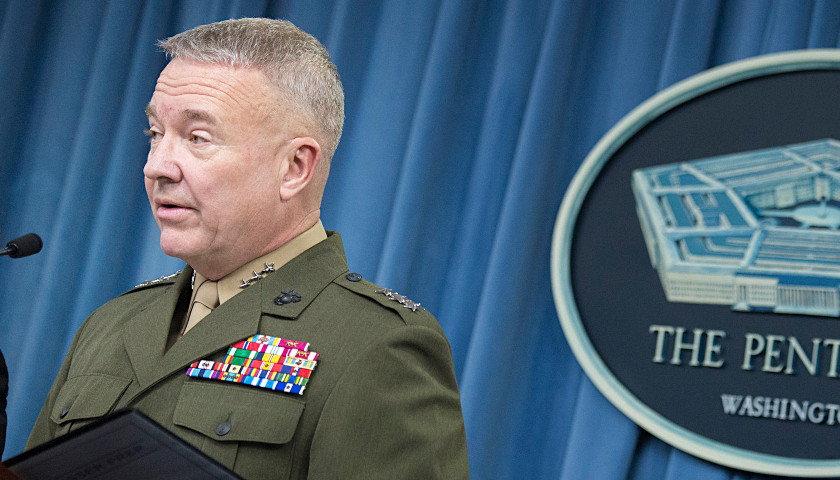Teachers are some of the most admired people in our world. Teachers are role models. They inspire us and are admired for the skills they possess in helping others learn. Teachers are also normal people, who often get held to higher standards than politicians or even ministers. Like all of us, teachers make mistakes. However, no other group of professionals is as quick to give up on its members as public education administration when effective counseling would probably take care of the problem.
We know there is no magic fairy dust that is sprinkled on someone to make them an effective teacher. There is no genetic marker that an educator is born with that gives him or her a special skill. There is no Branch of Military Service equivalent that someone can join, like the Marine Corps, for example, that gives an individual training in moral, mental and physical strength needed to be successful in the education field. I would argue it is a lot of trial by error, support from colleagues and the prerequisite leadership in our schools that can shape the success or failure of an individual teacher.
I was blessed to have some extraordinary school leaders like Doyle Harmon in Meigs County, Tennessee and Ed Howard in Bradley County, Tennessee to really help guide me. However, one administrator, Ron Chastain, at Trewhitt Junior High School, really became a mentor, whether that was his goal or not. From him, I learned much about student discipline. I learned consistency mattered. I also learned that we needed to be empathetic, but also willing to be tough. He brought the right balance to the job.
Chastain, who still remains a friend, understood adolescent behavior better than anyone I have ever met. He understood that in order to teach, a classroom had to be orderly. In order to create a safe school for all students, discipline was required. I learned much more from Ron than I ever learned in my coursework in my undergrad and/or graduate work.
My question to policymakers: where can we find high-quality mentors for teachers and administrators? We take our new teachers and often toss them into the most difficult assignments like lambs to a slaughter. Then we wonder why discipline suffers and our teachers experience burnout and fatigue, ultimately leaving the profession. Administrators are often in the same boat. Sadly, we are missing that ingredient of mentorship in our schools today.
Our suggestion is to ensure that money is included in the future Basic Education Program (BEP) to allow for mentorship to occur, either by utilizing highly effective retired educators or granting stipends to experienced classroom teachers with a proven track record in classroom management. This strategy will likely impact teacher retention efforts in a positive fashion and create a better school environment with more consistent discipline and student behavior.
– – –
JC Bowman is the Executive Director of Professional Educators of Tennessee, a non-partisan teacher association headquartered in Nashville, Tennessee. Permission to reprint in whole or in part is hereby granted, provided that the author and the association are properly cited. For more information on this subject or any education issue please contact Professional Educators of Tennessee. To schedule an interview please contact Audrey Shores at 1-800-471-4867 ext.102.






I would agree that the majority of our teachers are dedicated and have answered a true calling. However, I personally suffered through classes with unqualified and unmotivated teachers as did both of my children. In most successful businesses the in place leadership provides the mentoring required for the subordinates to succeed. Possibly the solution to the problem you presented is to weed out the administrators who do not have the skills to mentor the teachers. Of course, it appears to be nigh impossible to terminate anyone in the educational field unless they commit a crime.